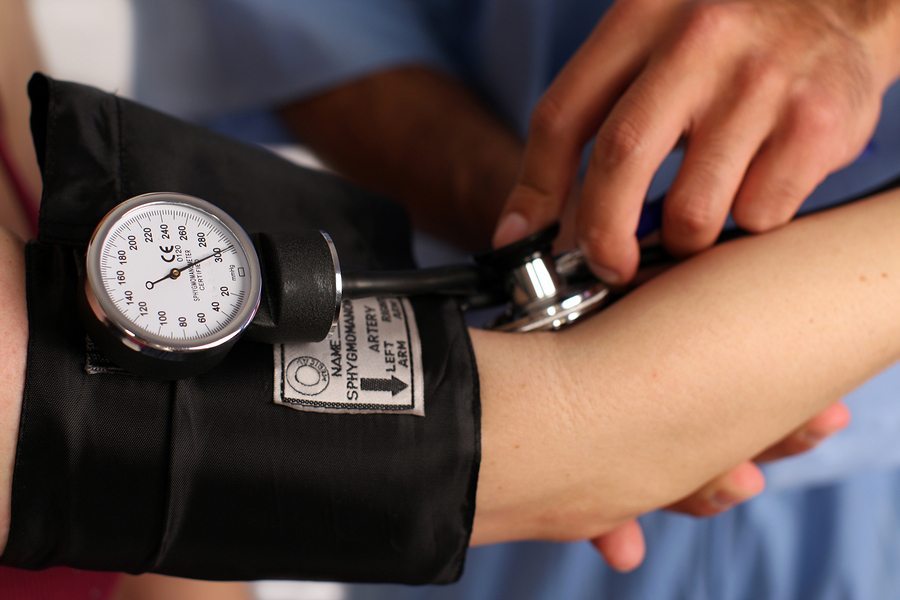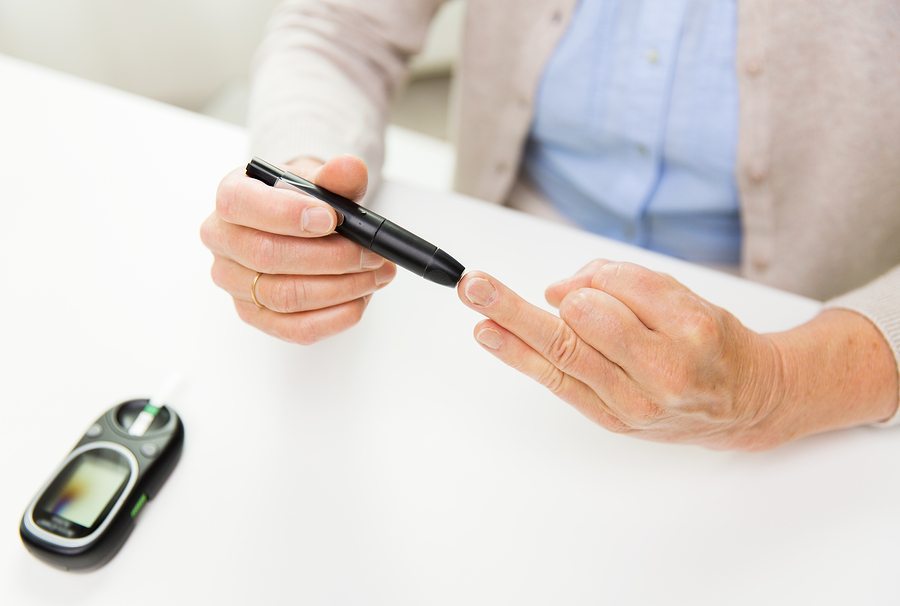Invokana (Canagliflozin)
Invokana helps control blood sugar levels in people with type 2 diabetes. However, the drug has recently been linked to serious medical complications including diabetic ketoacidosis, which is a life-threatening condition.
What is Invokana?
Invokana belongs to a new class of type 2 diabetes drug called sodium-glucose co-transporter 2 (SGLT2) inhibitors. These drugs work with the kidneys to reduce blood sugar levels. Most type 2 diabetes drugs manipulate insulin levels, which could lead to complications such as hypoglycaemia.
In the U.S. alone, more than 26 million people have been diagnosed with type 2 diabetes.Johnson & Johnson, the manufacturer of Invokana, received approval for the drug from the FDA in 2013. In 2014, sales hit $586 million, and grew to $1.3 billion the following year with 1.1 million prescriptions.
After Invokana had been on the market for a few years, people started recognizing some of the drug’s serious side effects. Johnson & Johnson is being sued over the dangers of the drug and its ineffectiveness in helping control type 2 diabetes.
How does Invokana work?
Unlike other type 2 diabetes drugs that affect the use of insulin, Invokana prevents the reabsorption of glucose in the kidneys and flushes it out through urine. Getting rid of extra glucose ultimately helps lower blood sugar levels. Managing blood sugar levels is imperative to preventing the common side effects often associated with type 2 diabetes, such as vision loss, kidney problems and stroke risk.
SIDE EFFECTS of INVOKANA
 The most dangerous potential side effect of Invokana is diabetic ketoacidosis, a condition where too much acid is present in the bloodstream. If severe enough, diabetic ketoacidosis can lead to hospitalization and life-threatening complications.
The most dangerous potential side effect of Invokana is diabetic ketoacidosis, a condition where too much acid is present in the bloodstream. If severe enough, diabetic ketoacidosis can lead to hospitalization and life-threatening complications.
Before taking the drug, you should talk with your prescribing doctor about potential side effects and schedule follow-up appointments to discuss any concerns.
In addition, people taking Invokana may see changes in their blood sugar levels. It’s important to keep track of your blood sugar levels and know the symptoms of both high blood sugar and low blood sugar. High blood sugar, also known as hyperglycemia, is characterized by blurry vision, frequent urination and constant thirst, among other things. Low blood sugar, also known as hypoglycemia, may cause symptoms including rapid heartbeat, difficulty sleeping, sweating and fatigue.
Common Side Effects
- Increased blood pressure
- Bladder pain
- Loss of appetite
- Frequent urge to urinate
- Weight gain
- Nausea
Serious Side Effects
- Diabetic ketoacidosis
- Kidney failure
- Heart attack
- Stroke
- Bone fractures
- Urinary tract infections
- Blood infections
Who is at Risk?
 Invokana has varying effects on men and women, as well as the elderly population. For older users, the drug may lead to bone density loss, particularly in hipbones and the lower spine. Additionally, women who take Invokana are more likely to develop a yeast infection, which can lead to pain and discomfort.
Invokana has varying effects on men and women, as well as the elderly population. For older users, the drug may lead to bone density loss, particularly in hipbones and the lower spine. Additionally, women who take Invokana are more likely to develop a yeast infection, which can lead to pain and discomfort.
Because Invokana works with the kidneys, people who have kidney disease or who are on dialysis are not recommended to take it.
Evidence of Invokana Complications
 Since Invokana was released to market, the FDA has sent out various safety communication messages to healthcare providers. Most recently, warning labels on the drug had to be updated to warn users about the potential of ketoacidosis. Though often seen in patients with type 1 diabetes, ketoacidosis has rarely been linked to type 2 diabetes. Individuals may not experience any of the warning signs or symptoms of ketoacidosis until the condition becomes a dangerous health threat.
Since Invokana was released to market, the FDA has sent out various safety communication messages to healthcare providers. Most recently, warning labels on the drug had to be updated to warn users about the potential of ketoacidosis. Though often seen in patients with type 1 diabetes, ketoacidosis has rarely been linked to type 2 diabetes. Individuals may not experience any of the warning signs or symptoms of ketoacidosis until the condition becomes a dangerous health threat.
Other FDA warnings have been related to possible bone fractures and infections linked to Invokana. As early as 12 weeks in, the drug can start to decrease bone mineral density, consequently increasing the risk of bone fractures. Furthermore, Invokana has been linked to life-threatening infections in the blood and kidney – usually showing early signs as urinary tract infections.
When it was first released, Invokana had limited warnings on its labels about potential serious side effects. Now the FDA is requiring manufacturer Johnson & Johnson to update the drug’s labeling before further distribution of the drug.
Drug Reactions with Invokana
Prior to taking Invokana, patients should provide their doctor with a list of their current medications, both prescription and over-the-counter. For a complete list of drugs that have the potential to negatively react with Invokana, individuals should speak with their prescribing doctor.
The Mayo Clinic provides an extensive list of drugs that can cause reactions with Invokana
Some of the drugs include:
- Benicar
- Diuretics
- Lisinopril (Prinivil or Zestril)
- Levothyroxine
- Losartan
- Heart or blood pressure medicine
- Seizure medication
- Other diabetes medications
Learn About Resources for Invokana Side Effects
If you or someone you care about has been affected by negative side effects from Invokana, learn more about financial resources and how you can pay for treatments.
Last Edited: October 14, 2016